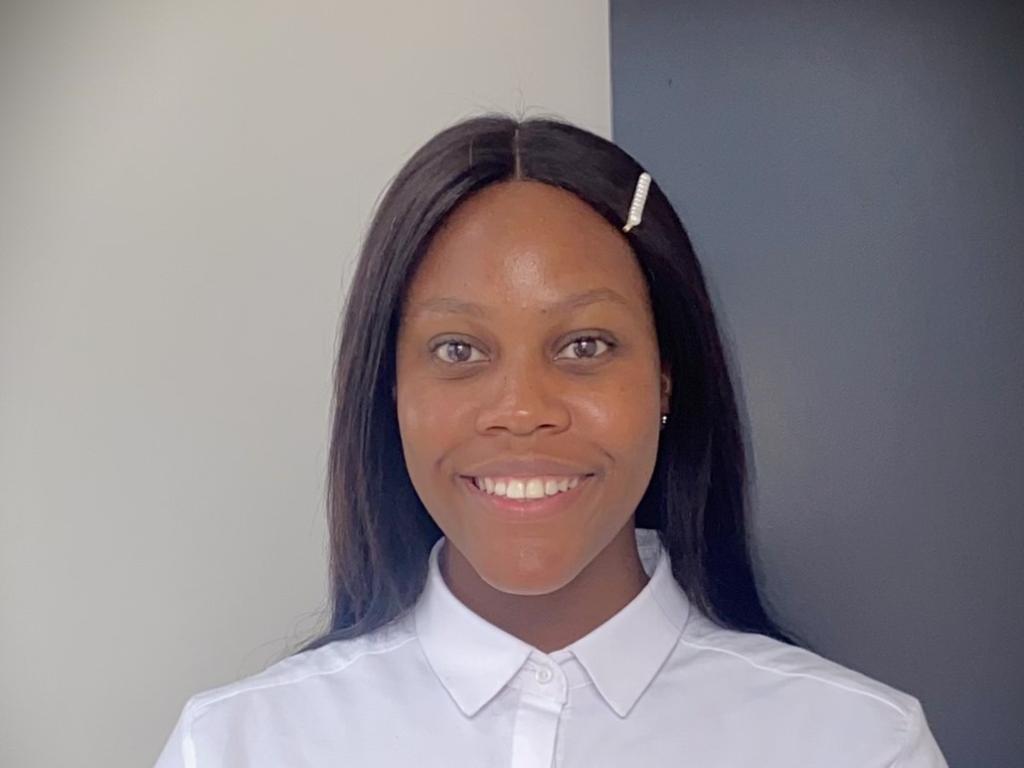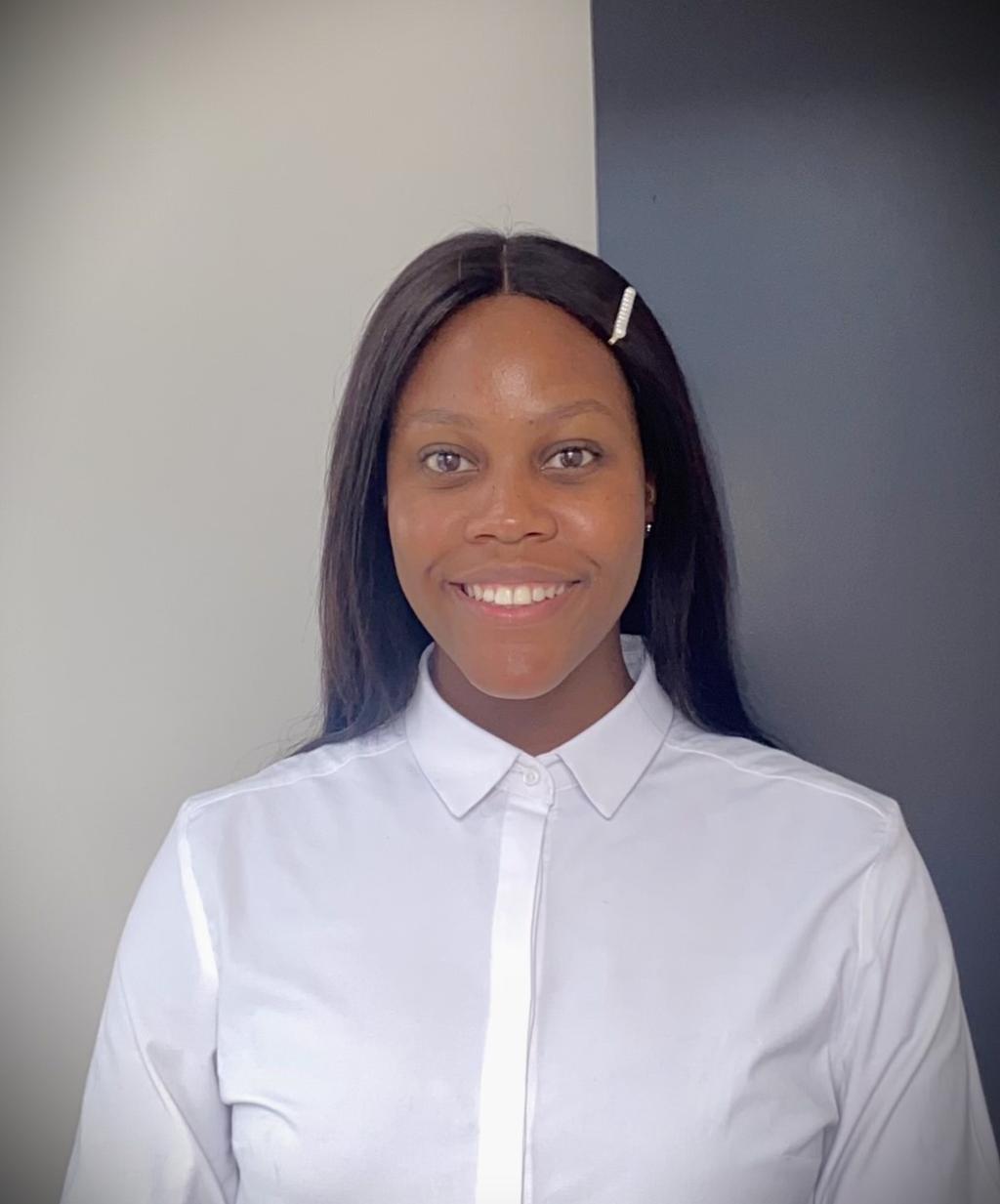The KAS-iNtaka Postgraduate Scholarship in Law & Technology


This year is the second year of the innovative LLM scholarship partnership between UCT Law’s iNtaka Centre for Law & Technology and the Konrad Adenauer Stiftung (KAS). This particular scholarship is a fantastic opportunity, made possible with generous support from KAS, for a postgraduate Law student interested in the intersects between Law and Technology. While UCT Law does not currently offer a dedicated Law & Technology Master’s programme, this scholarship is specifically designed to attract students interested in this area by offering not only tuition fee support for their LLM programme, but also a concurrent paid research assistant position at the Faculty’s iNtaka Centre for Law & Technology.

We asked 2024 recipient Thato Muzola, a 25-year old LLB graduate (University of Botswana) – who grew up in Francistown, Lobatse and Gaborone - a few questions about her background, her interests and her plans after completing her LLM.
1. What prompted you to apply for the KAS-iNtaka scholarship? What particularly attracted you to the opportunity?
I was excited to apply to the University of Cape Town for my Master of Laws (LLM) in Commercial Law. While applying I did some research on the Scholarships available and came across the KAS-iNtaka Postgraduate Scholarship in Law and Technology. Since my undergraduate degree, I have been interested in the intersection between law and technology – and this scholarship along with the position as a Research Assistant at the iNtaka Centre for Law and Technology were a perfect combination through which to pursue my interests in the law and technology space. I was intrigued by the fact that it was not just a scholarship, but a research support position as well. This allows recipients to work and study. So, at the same time as pursuing my academic goals, I am gaining great practical experience.
2. What interested you about KAS and what they stand for?
KAS is a philanthropic foundation that believes in democracy and the rule of law. As an attorney, I recognise the importance of justice, accountability and the importance of a system of laws applicable to all. The KAS belief in the importance of good governance at a national level is a principle that I support.
3. Outline your interest in the Law & technology space? What excites you (or perhaps concerns you?) about the field and the possibilities?
More often than not, the area of Law and Technology has been seen as a specific field of the law. I understand that technology is inherent is every facet of the law, whether its family law or commercial law. The manner in which we treat this intersection can be beneficial to the legal fraternity and society as a whole. I had this understanding when researching the Viability of a Digital Will in Botswana. The law must operate in such a manner that it is accessible to everyone and easy to use. This is easily attainable with technology. In addition, the whole area of technology and its rapid advances (not least, artificial intelligence) requires legal frameworks and regulation to ensure (amongst other things) justice and fairness.
4. What Master’s programme are you registered for?
Master of Laws (LLM) in Commercial Law (Professional Master's degree).
5. Given that UCT doesn't have a specific programme or course on “Law & Technology”, how do you understand the link between that space and your Master’s programme?
Technology is in every facet of the law (and vice versa). So, it not necessarily a matter of having one specific programme that deals with technology but rather including this topic within the curriculum of all courses. Perhaps it would be better to do both, to have courses that cover this specific area of the law, while at the same time having a focused Law & Technology Course. For example, in one of my courses I have the opportunity to explore Artificial Intelligence and Corporate Governance, which brings Commercial Law, Technology and Governance together.
6. What excites you about the iNtaka Centre for Law &Technology work?
Law is very interesting for me, generally, so being in a place where I can thoroughly delve into the field of law and technology is an amazing opportunity. The Centre encourages deep thought, while at the same time acts as an explorative space which allows engagement with new content and encourages an innovative approach to the law - which is not always possible with existing legal areas.
7. What area of Centre work will you be focused on this year?
My focus this year at iNtaka will be centred on AI regulation as well as AI and Corporate Governance. It will explore whether AI should be regulated, how it will be regulated, and the impact of AI on society. Further, I will explore AI in Corporate Governance specifically and whether it can be used to support or replace human decision-making in companies, potentially as a risk reduction method, or in a manner that resolves disputes amongst the various stakeholder groups within a company.
8. What do you hope to do once you have completed your Master’s?
I hope to be able to continue my research, but I am also excited to join a forward-thinking organisation as a legal advisor. I hope to continue the exploration (made possible with the Konrad Adenauer Stiftung-iNtaka scholarship) of the multifaceted area of law and technology and its impact on policies, regulations and legislation.